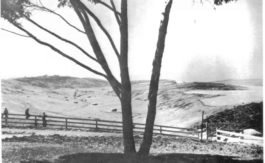Choosing a Listing Price
Picking a Listing Price can be extremely stressful, what you think your home is worth might not be what the Market thinks your home is worth. A Real Estate Agent will give you their expert opinion, but make sure they explain the current market trends and have enough information to back it up.
Dangers of Overpricing
Broker- and buyer-interest is at its highest when a home is first put on the market — and that interest will remain high for about four weeks. But if a property is priced too high during this crucial period, it won’t attract the right buyers. Once that momentum is lost, it’s difficult to recover.
- By overpricing your home, you create the need to reduce the price at a later time in order to compete with the listings that are really in your price range.
- If you’re interviewing several Realtors to choose a listing agent, you may be tempted to pick the sales professional who suggests the highest price for your property. But sellers, like buyers, need to beware. The Realtor who provides the best comparative market analysis and explanation of how your home should be priced will be more likely to sell your home quicker and for a higher price than someone who tells you only what you want to hear.
Look at Comps
Talk to a Realtor and have them find Comparable homes,that are on the market and homes that have recently sold, also known as a Comparative Market Analysis . Your asking price should be within 10 percent of the average sold price in your neighborhood.
Realtors will evaluate three factors: comparing your home to others that have recently sold, others currently listed and adjustments needed for extraordinary improvements.
Although home improvements can increase the value of your property, it is more likely these upgrades will simply help the home to sell faster than the others without similar renovations. This concept is sometimes difficult for sellers to understand. They feel that if they spent a certain amount on a home improvement, they should be able to recoup that cost by tacking it on to the sales price. But unfortunately, that’s not always the case. According to Home Remodeling Magazine, very few home improvements return 100% of the investment, and that percentage of return declines as the years go by.
Upgrades are important, but buyers may not share the owners’ enthusiasm for — nor agree with — the owners’ perceived value of the improvements. And if a buyer doesn’t see the value, then there is no value.
A professional analysis of the market, will take all of this into consideration as well as analyze the price other homes have actually sold for, not just the asking price — there can be a sizable difference. The most common mistake sellers make when pricing their property is to only consider the asking prices of other properties. Remember, a list price does not suggest market value of a home. It is simply the “asking price” or “dream sheet” of another seller. Its relevance may, however, be in how you position your home with the others on the market.
Other Factors:
- Time of year — Ah, spring. Spring is considered the best season to sell a home since families are trying to get situated before the start of the next school year; however, fall is a close second since it comes right after the quiet days of summer when most people are away on vacation. Winter is usually the worst season — especially in areas where it snows — but also because of the Thanksgiving, Christmas, and New Year’s holidays when people’s minds are on socializing, not buying or selling a home.
- Interest rates — If rates are reasonable, it seems everyone is in the market for a home. But, if interest rates start to climb or they do not seem reasonable, you’ll see less action on the street.
- Inventory — In Economics 101, we were taught the basics of supply and demand. This theory laid the foundation of what drives costs, and so it goes with real estate. If your home is one of 20 in the neighborhood that’s for sale, you will have a hard time getting your price since the supply is great and the demand may not be so great. However, if it’s a hot market and you have a home in a great neighborhood, chances are you will get your asking price and maybe even more. Scope out the neighborhood to see if inventory is high or low. (And ask a real estate agent.)







